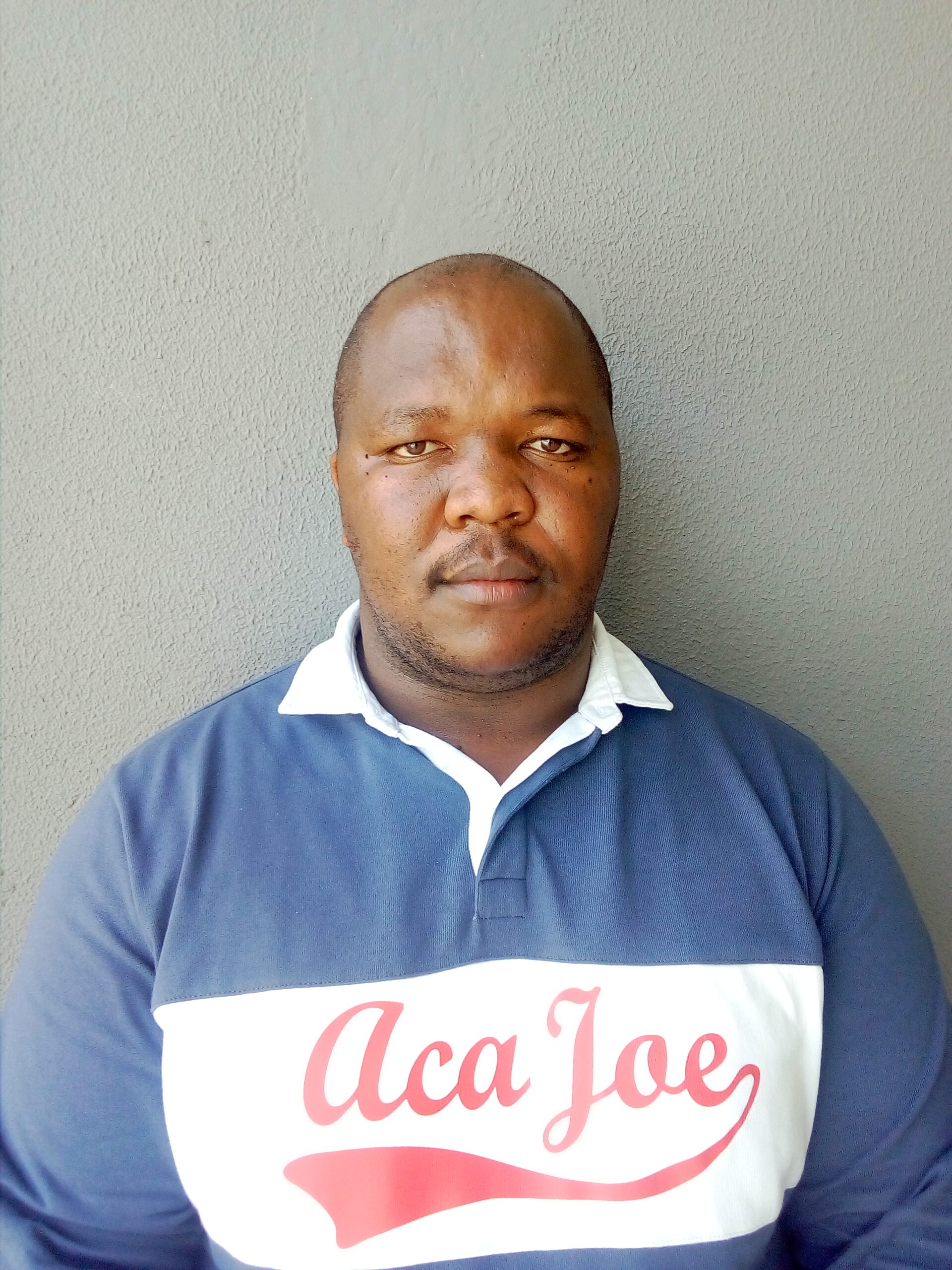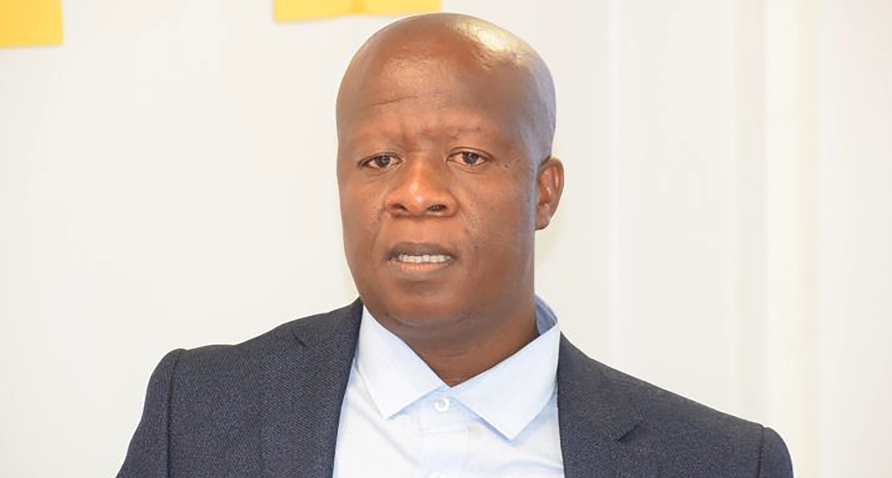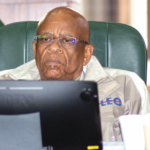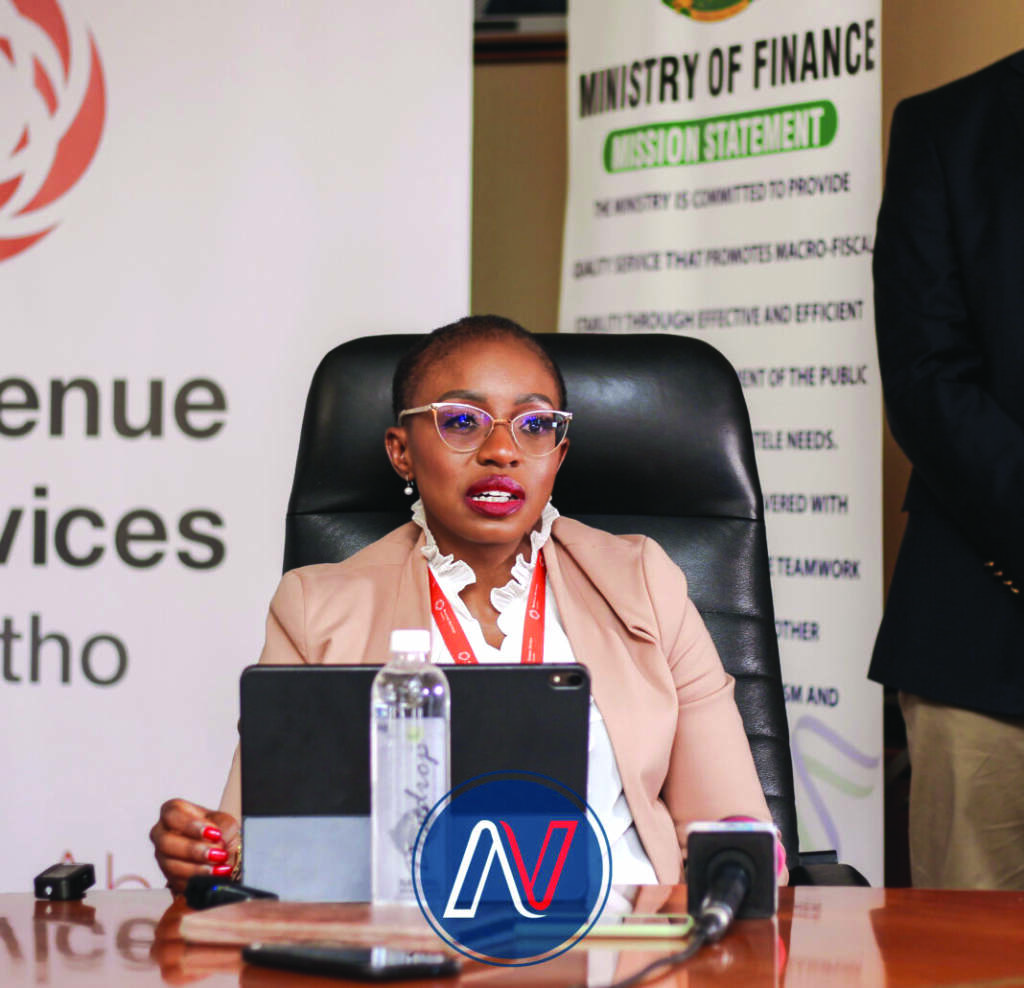The Principal Secretary (PS) in the Ministry of Energy, Tankiso Phapano, has made a startling claim before the Public Accounts Committee (PAC) that he owns a 50 percent stake in the Lesotho Electricity Company (LEC) by virtue of his position as PS — a statement that has raised eyebrows and ignited fierce backlash in Parliament.
Appearing before PAC this week during a tense session focused on allegations of interference in LEC operations, Phapano defended his actions and asserted that he shares equal ownership of the national power utility with the Deputy Principal Secretary.
Phapano told the Committee he holds 50 percent shares in LEC and the Deputy PS holds the other 50 percent in response to questions about his involvement in operational decisions at LEC, including the dismissal of senior staff and control over tender processes.
The claim sent shockwaves through the committee, with members visibly stunned and questioning whether Phapano fully understood the legal and corporate structure of state-owned enterprises.
Commentators this week strongly rebuked the assertion, calling it misleading and dangerous. They said LEC is a public institution, not Phapano’s private business. The people of Lesotho are the shareholders through the government, not him.
Official business registry records contradict Phapano’s claim. According to documentation obtained from the Ministry of Trade’s business registry, the Government of Lesotho, care of the Ministry of Energy and Meteorology, is listed as the sole shareholder of LEC.
The controversy adds to a growing list of allegations against Phapano, including claims of interference in World Bank-funded energy projects and sidelining of the Lesotho Electricity Company’s management structures.
The PAC is probing whether his actions have derailed major infrastructure developments meant to expand access to electricity in both urban and rural Lesotho.
This week, senior LEC officials appeared before PAC and detailed how Phapano allegedly overstepped his authority in matters concerning the national utility. The officials claimed his actions had compromised key projects, including those funded by international partners such as the World Bank and the African Development Bank (AfDB).
One of the most contentious issues presented to the Committee was Phapano’s unilateral dismissal of Mokheseng Mokuoane, project manager for the Lesotho Renewable Energy and Energy Access Project (LREEAP), which is funded by the World Bank. In a letter terminating Mokuoane’s contract, Phapano accused the suspended LEC Managing Director, Mohlomi Seitlheko, of being hesitant to take action against the project manager.
PAC members were critical of Phapano’s decision, arguing that he had no authority to fire an LEC employee who reports to the Managing Director.
Appearing before the committee, Seitlheko testified that while the evaluation of one of the LREEAP tenders took place within the LEC’s Project Implementation Unit (PIU), the awarding of the contract was done at the Ministry of Energy. This, he said, violated standard procedure, as the LEC had been tasked with implementing the project.
He further noted that LREEAP guidelines clearly state the utility must implement the project with the Ministry of Finance serving as the approving authority.
Seitlheko also told the committee he had no recollection of LEC issuing a tender for the Belo Substation.
Another project under scrutiny was the Tikoe infrastructure project, where the government has built factory shells intended to attract investors and create jobs. The Committee heard that the project has run over budget and been delayed due to incomplete work by contractors.
Litšitso Mahao, project manager within the AfDB-funded PIU, echoed concerns about Phapano’s interference. He told the Committee that negotiations for further LREEAP components, which were scheduled to resume in January 2025, had stalled because of the PS’s decision to suspend the process, despite prior approval by the funders. Phapano had allegedly wanted to renegotiate the scope of the work, something the funders said they would only consider responding to in September 2025.
Mahao noted that one of the delayed components was the Khukhune project, which was intended to feed power to the Belo electrification scheme.
The PAC also heard claims that the Ministry of Energy had “captured” the functions of the LEC’s PIU, with staff now sidelined and projects micromanaged directly from the ministry.
When questioned about a recent World Bank inspection mission (16–23 May 2025) to assess progress on LREEAP, Phapano was unable to provide a clear response regarding the delegation’s feedback.
Tensions in the hearing room rose when conflicting testimonies emerged. While Mokuoane claimed that LEC did not have an operational PIU, Mahao insisted it existed but had been sidelined.
Phapano denied all allegations.
PAC Chairperson, ’Machabane Lemphane-Letsie, lambasted Phapano for his apparent disregard for the Committee and Parliament. She condemned his public comments on radio, where he defended his position and criticised the PAC.
“This is where you set the record straight, not in the media, not on the radio,” she said firmly. “This will be part of the report. We are not going to listen to the radio.”
She further warned Phapano, stating: “The Committee won’t just stand by and watch him do as he pleases with Basotho. Your problem is that you want to do as you please, and I will not allow that. This does not make you a hero, but a ‘zero.’”
PAC member Dr. Tšeliso Moroke also reprimanded Phapano: “MPs are sent by the people, while you were hired based on your qualifications. This behaviour won’t take us anywhere. You are going to respect Basotho.”
Throughout the session, Phapano appeared defensive, a posture that lawmakers interpreted as disrespectful, further fuelling tensions between him and the Committee.
Summary
- The Principal Secretary (PS) in the Ministry of Energy, Tankiso Phapano, has made a startling claim before the Public Accounts Committee (PAC) that he owns a 50 percent stake in the Lesotho Electricity Company (LEC) by virtue of his position as PS — a statement that has raised eyebrows and ignited fierce backlash in Parliament.
- Phapano told the Committee he holds 50 percent shares in LEC and the Deputy PS holds the other 50 percent in response to questions about his involvement in operational decisions at LEC, including the dismissal of senior staff and control over tender processes.
- Appearing before the committee, Seitlheko testified that while the evaluation of one of the LREEAP tenders took place within the LEC’s Project Implementation Unit (PIU), the awarding of the contract was done at the Ministry of Energy.

Thoboloko Ntšonyane is a dedicated journalist who has contributed to various publications. He focuses on parliament, climate change, human rights, sexual and reproductive health rights (SRHR), health, business and court reports. His work inspires change, triggers dialogue and also promote transparency in a society.










